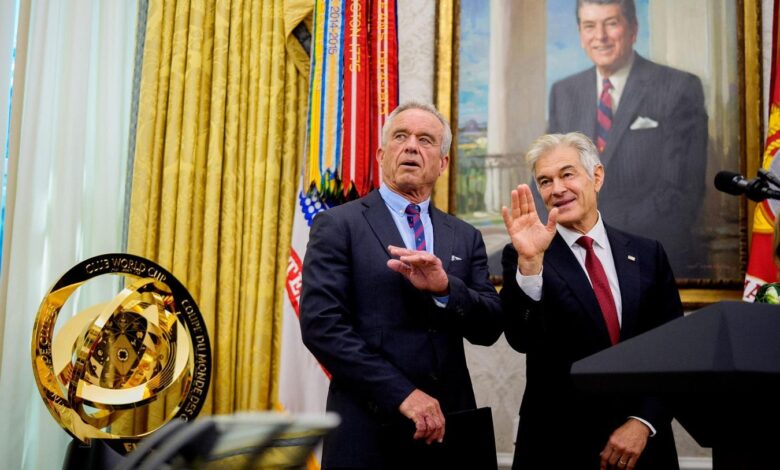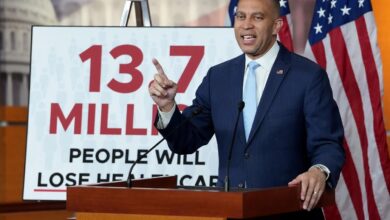The MAHA Movement Already Has An Army. It Just Needs To Mobilize It.

Health and Human Services Secretary Robert F. Kennedy Jr. and Dr. Mehmet Oz are leading the charge with the Make America Healthy Again (MAHA) movement, focusing on improving health outcomes in the United States through dietary, behavioral, medical, and environmental interventions. The movement has a formal report outlining its goals and strategies, but what it truly needs is a widespread network of partners to implement these recommendations effectively.
Enter America’s health insurance brokers. Often overlooked in healthcare discussions, brokers are trusted professionals within their communities who understand the healthcare system intimately. With their expertise, they can play a crucial role in reducing chronic illnesses, minimizing overmedication, and promoting healthier lifestyles – all key objectives of the MAHA initiative.
While the MAHA Commission has primarily concentrated on childhood health, the movement’s scope extends far beyond that. It is crucial to prioritize the well-being of older adults as well, ensuring they live longer, healthier lives free from preventable conditions. This level of outreach necessitates a grassroots approach, and brokers are already embedded in communities across the nation.
With nearly one million brokers nationwide, a significant portion of Medicare beneficiaries rely on them to navigate the complexities of choosing a health plan. These brokers are well-versed in the healthcare system and have the skills to drive behavior change effectively. While they receive commissions from CMS for enrolling clients, the best brokers go above and beyond, assisting individuals in accessing healthcare services, healthy food options, and educational workshops on various health topics.
Despite their valuable contributions, Medicare Advantage brokers have faced scrutiny over their commissions, leading to calls for reform in how they are compensated. As CMS and Dr. Mehmet Oz assess broker compensation and health plan practices, there is an opportunity to reshape the system by incentivizing brokers to prioritize client health outcomes over sheer enrollment numbers.
Aligning incentives with positive health outcomes could revolutionize the role brokers play in the healthcare system. By rewarding brokers for facilitating preventive care measures and promoting healthy behaviors, the industry can shift towards a more holistic approach to healthcare delivery.
While the MAHA movement may be controversial, it has sparked essential conversations on addressing chronic diseases and promoting preventive care. Realizing these goals requires more than just policy changes – it demands the dedication and expertise of trusted professionals like healthcare brokers. With their support, HHS Secretary Robert F. Kennedy’s vision of a healthier America can become a reality.





